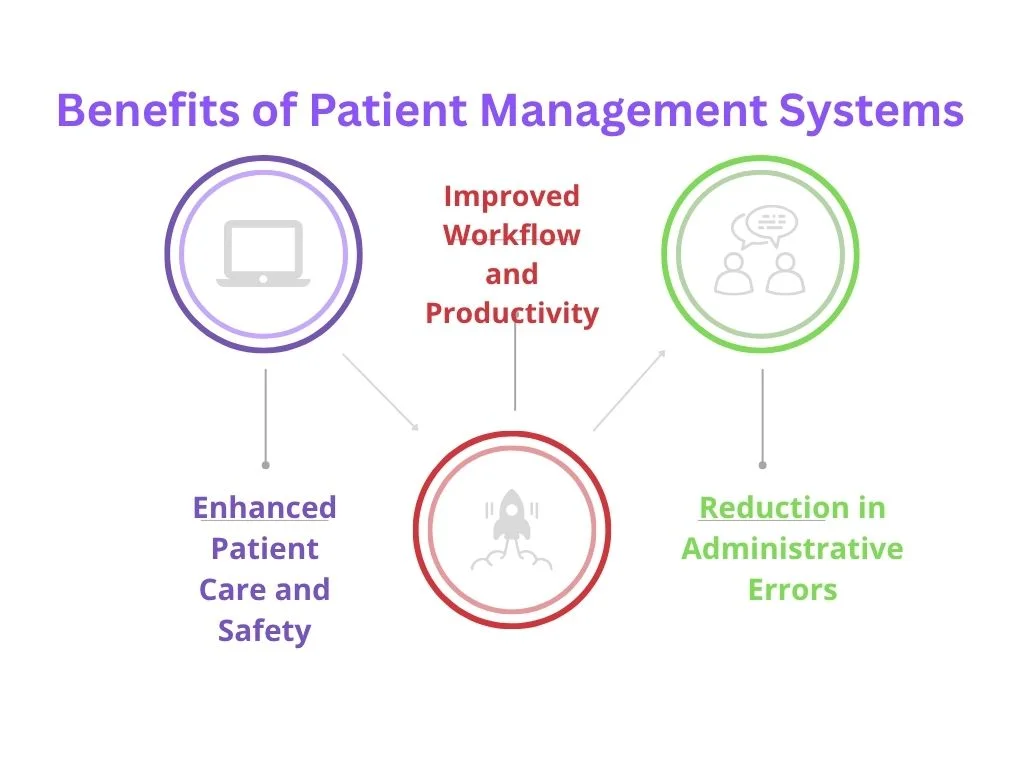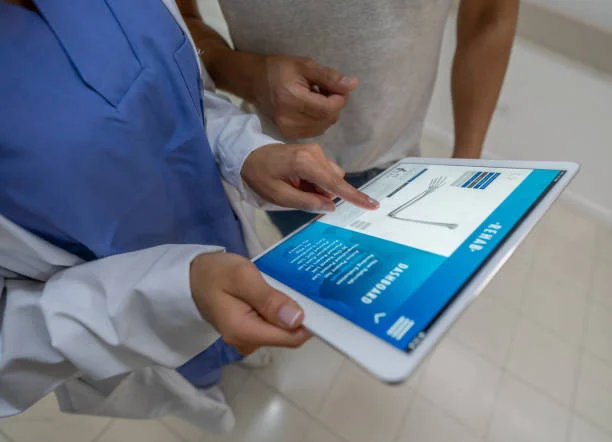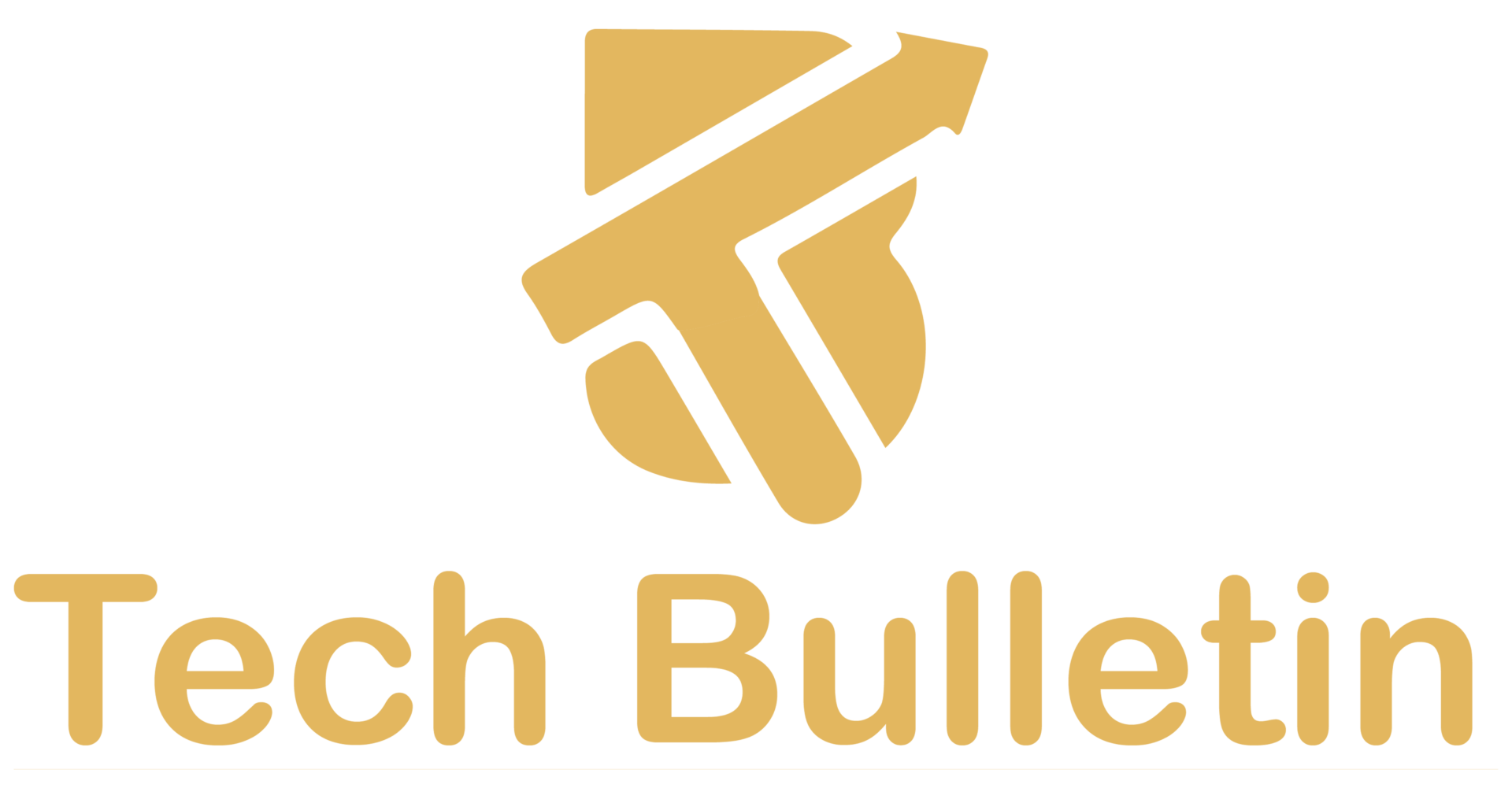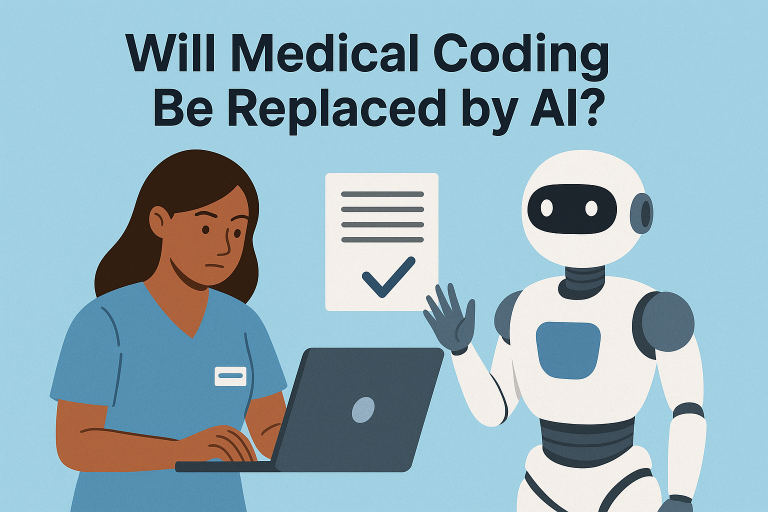Surprising Benefits of Using Patient Management Systems in Hospitals and Clinics

A Patient Management System (PMS) is a digital platform designed to streamline, automate, and optimize various administrative and clinical processes within healthcare facilities. From handling patient data to managing appointments and billing, PMS systems are central to modern healthcare operations.
Healthcare has rapidly shifted from paper-based systems to comprehensive digital solutions. The rise of Electronic Health Records (EHRs), telemedicine, and mobile health apps has paved the way for integrated PMS tools that cater to both small clinics and large hospitals.
Core Functionalities of Patient Management Systems

Appointment Scheduling and Reminders
PMS platforms enable real-time appointment booking, automated reminders via SMS or email, and quick rescheduling, reducing no-show rates and enhancing operational flow.
Electronic Health Records (EHR) Management
Patient records can be securely accessed, updated, and shared across departments, ensuring continuity of care and reducing duplication of tests and treatments.
Billing and Insurance Integration
Seamless billing processes, including coding support, insurance verification, and claims submission, help reduce revenue leakage and payment delays.
Key Benefits of Using Patient Management Systems

Healthcare automation tools are transforming hospital operations by minimizing manual tasks and speeding up workflows. These innovations significantly enhance administrative efficiency, leading to improved accuracy and reduced operational costs.
Enhanced Patient Care and Safety
By offering quick access to medical histories, allergies, and treatment plans, PMS tools ensure timely, accurate decisions that enhance patient safety.
Improved Workflow and Productivity
Automating routine tasks like appointment scheduling, document management, and patient tracking enables medical staff to focus more on clinical duties.
Reduction in Administrative Errors
Digital entry and verification significantly reduce human errors in data handling, improving accuracy and patient trust.
Financial and Operational Advantages

Cost Savings for Hospitals and Clinics
By reducing paperwork, improving billing accuracy, and minimizing redundant processes, PMS tools lower overhead costs.
Streamlined Revenue Cycle Management
Automated charge capture, claims processing, and payment tracking ensure a faster and more efficient revenue cycle.
Data Security and Compliance

Ensuring HIPAA and GDPR Compliance
Modern PMS tools adhere to strict data privacy regulations, ensuring secure storage and ethical use of patient data.
Secure Data Storage and Backup
Cloud-based solutions offer automatic backups and encryption, safeguarding against data loss or cyber threats.
Improved Patient Engagement

Patient Portals and Communication Tools
Patients can view their records, test results, and treatment plans, and communicate directly with providers through secure portals.
Mobile Access and Real-Time Updates
Mobile compatibility allows doctors and patients to access critical data on the go, improving responsiveness and convenience.
Real-World Case Studies
Examples from Leading Hospitals and Clinics
Institutions like the Mayo Clinic and the Cleveland Clinic have reported operational improvements and better patient outcomes after adopting PMS solutions.
Quantifiable Improvements and ROI
Data shows a 20-30% increase in appointment efficiency and a notable decrease in billing errors in PMS-equipped facilities.
FAQs
- What is the main purpose of a patient management system?
It’s designed to streamline healthcare operations by organizing patient data, scheduling, billing, and more. - Are patient management systems secure?
Yes, they follow strict data protection laws like HIPAA and GDPR. - Can small clinics afford PMS tools?
Absolutely. Many PMS platforms offer budget-friendly versions for small practices. - How long does it take to implement a PMS?
Depending on the size of the facility, implementation can take anywhere from a few days to several weeks. - Is training provided with these systems?
Most vendors offer comprehensive training and ongoing support. - Can PMS integrate with existing hospital software?
Yes, modern systems are designed for easy integration with lab, pharmacy, and imaging systems.
Conclusion
Investing in a Patient Management System isn’t just about technology—it’s about transforming healthcare delivery. With proven benefits in efficiency, accuracy, patient satisfaction, and financial performance, PMS platforms are a must-have for any forward-thinking healthcare provider.






